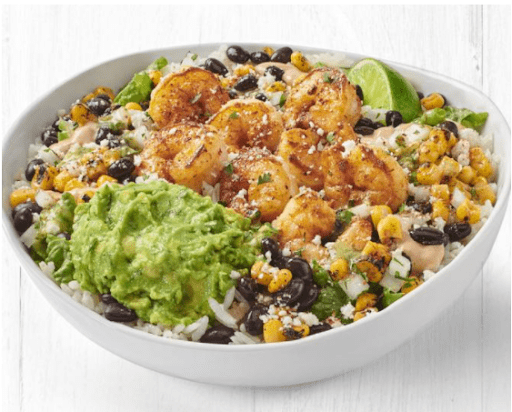Outside of the Middle East, rose water has a home among history’s romantics, yet it seems the floral water is on the cusp of a revival in 2016.
The rich history of rose water
If a bottled water producer was to launch a new brand on the strength of innovation trends in 2016, it might come up with something like rose water. In addition to the flavour source being unequivocally associated with nature, rose water is unconventional familiar, not overly sweet and perhaps most importantly, it can draw on the rich history to inspire marketers – no small thing in this era of storytelling.
Cleopatra, the famed and beautiful queen of ancient Egypt was said to have bathed in rose water, while Shakespeare’s Antony and Cleopatra tells of her ships being scented with rose water, and ‘the very winds were lovesick’. Practically, the Romans drank it as a cure for numerous ailments, and Michelangelo supposedly drank it every day with his tea. For centuries it has been used to flavour food and drink, particularly in the Middle East, providing floral notes to such treats as Turkish Delight.
Rose water in the BPC category
Today rose water is more likely to appear in the beauty section of a store, rather than the drinks isle. Looking at all global launches in the drinks and beauty and personal care markets in 2015, rose water featured in 58% of skincare products and 1% of bottled water launches. It was more likely to appear in traditional Asian drinks than bottled water. These drinks include sharbat which is a drink of Arabic and Middle Eastern origin, comprising an aromatic syrup that is diluted with water before serving over ice.
Making a fashionable comeback in 2016
Rose water is slowly gaining a broader profile as a drink offering in 2016, thanks to wider consumer interest in health and wellness drinks and some high-profile launches.
Brands are quick to highlight the health benefits of the ingredients, with California-based H2Rose claiming their rose water product has digestive benefits and associations with ancient medicine. Similarly, juice company Juice Served Here launched a rose water claiming to reduce inflammation and alleviates anxiety, and New York’s Juice Press juicer chain claims that the drink can reduce stress levels and support digestion. Fashion magazines in the US have picked up on these launches, with columnists from titles like Elle finding the funny side of something that has suddenly switched from being a cosmetic product to a drink.
Outside of the US, rose water drinks have less of a luxury positioning and do not convey any messaging about health benefits. In the Middle East, rose is a mainstream flavour in soft drinks, and packaging information often shows how much rose extract is in the drink.
Rose’s fragrant flavour is divisive
It is unclear whether the purported health benefits of rose water have scientific support. Nutritionists credit rose oil as being rich in vitamins and antioxidants, and rose oil has a Generally Regarded As Safe (GRAS) status by the Food and Drug Administration (FDA).
Ultimately though, it is likely that the popularity of rose water as a beauty product will be enough to encourage consumers to view rose water as a health drink. Its long associations with skin health can make rose water a popular choice among women and also consumers of an older age, who are concerned about looking youthful.
As a flavour, rose can be fairly divisive. For example, on the Popsugar website, consumers reviewed Juice Served Here’s rose water as: “It’s like drinking a beauty product . . . I mean some people might be into that. It’s VERY rosy.” And also: “If you like eating and smelling roses, you’ll love this. So smooth and floral.” This level of division surrounding fragrant water suggests that bottled water brands may wish to emulate H2Rose by including other, complementary, flavours in the drink.
Rose water could be the first step in a line of flavour innovations. We expect to see traditional flavours from the Middle East and Asia continue to inspire innovation in the West as consumers become more experimental and demand exotic alternatives.
Alex Beckett is a Global Food and Drink Analyst at Mintel. Prior to that he spent nearly three years writing UK-based consumer reports on a wide variety of food and drink categories. Prior to joining Mintel, Alex was Food and Drink Editor of highly-regarded food industry magazine, The Grocer.








































